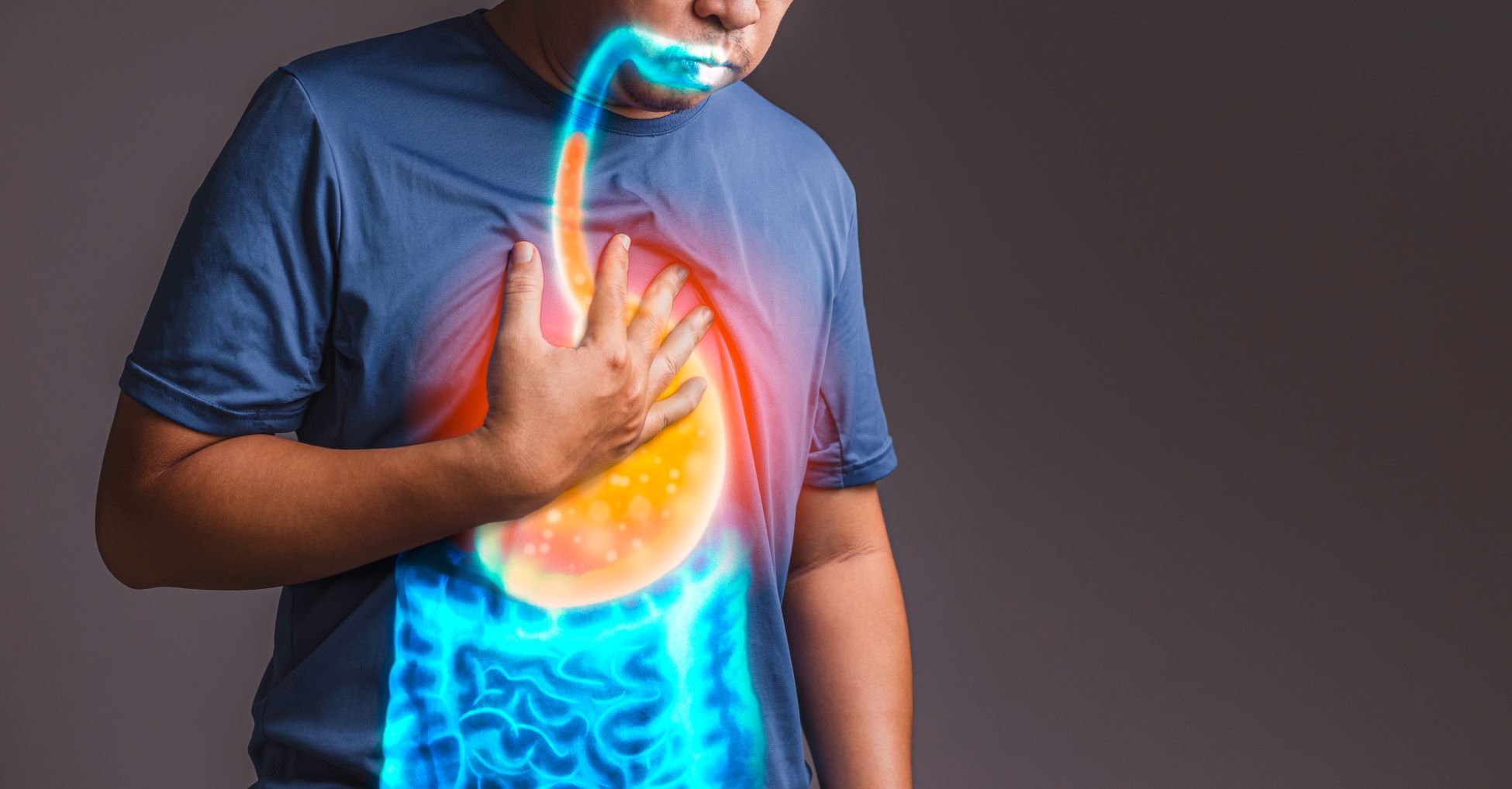



Gas indigestion, also known as flatulence or bloating, is a common digestive problem characterized by the accumulation of gas in the digestive system, leading to discomfort and sometimes pain. It occurs when gas, primarily composed of oxygen, nitrogen, carbon dioxide, and small amounts of other gases, builds up in the stomach or intestines.
The foods we eat can play a significant role in causing gas indigestion. Certain foods, such as beans, lentils, broccoli, cabbage, onions, and carbonated beverages, are notorious for producing gas when they are broken down in the digestive tract. Eating too quickly or swallowing air while eating can also lead to gas.
Stress can exacerbate gastrointestinal symptoms. Engage in stress-reduction techniques such as yoga, meditation, or deep breathing exercises.
Some people find relief from gas and bloating by taking probiotic supplements, which can help balance gut bacteria.
Consider a low-FODMAP diet (fermentable oligosaccharides, disaccharides, monosaccharides, and polyols) if you have IBS, as it can help reduce symptoms.
Gradually increase fiber intake to avoid sudden changes that can cause gas. Fiber can help regulate bowel movements.
If you experience severe or persistent gas indigestion, have blood in your stool, unexplained weight loss, or other concerning symptoms, consult a healthcare provider. These symptoms could be indicative of a more serious underlying condition that requires medical evaluation and treatment.
